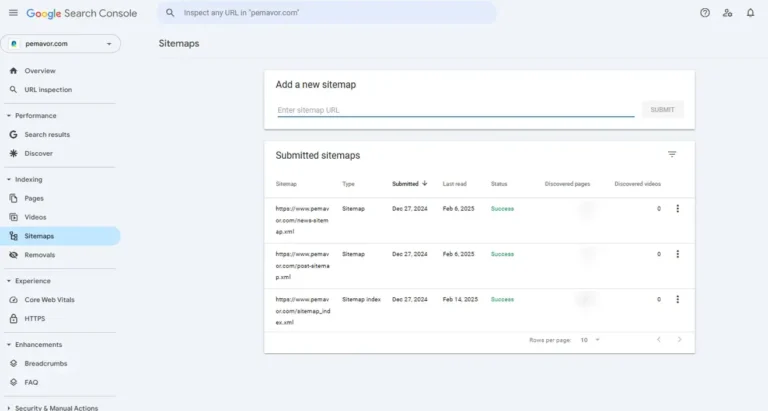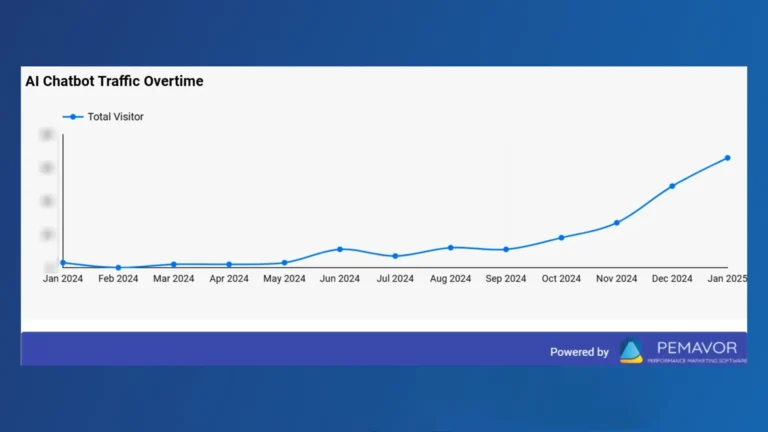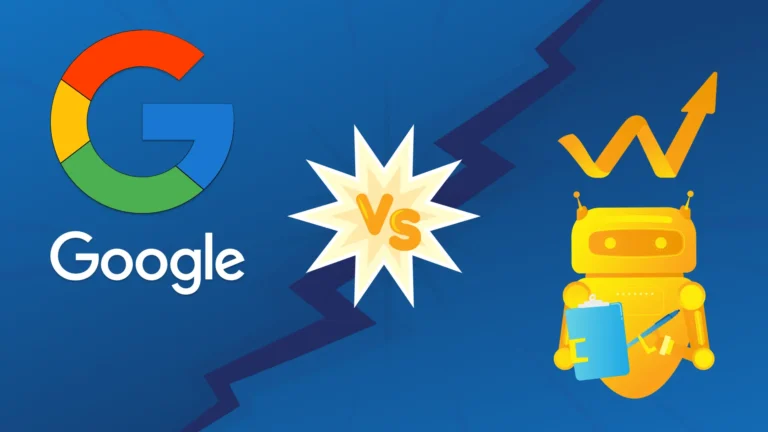Google Ads campaigns live and die by keyword precision. Finding the right terms can maximize Return on Investment (ROI), while wasted spend on irrelevant clicks can drain budgets fast. This is where n-gram analysis can make a difference. It’s an advanced but simple way to extract valuable keyword insights from your search term data.
Irrelevant queries, high cost-per-click (CPC) keywords, or low-converting search terms… Do you face these challenges regularly? If yes, keep reading.

Why traditional search term reports fall short
Sifting through endless search term reports… Trying to spot patterns in user behavior… You already know that this can be a tricky process. Manually analyzing thousands of search terms is inefficient. Plus standard keyword tools don’t always capture multi-word trends that could inform bidding, ad copy, and targeting strategies.
What are the common challenges of traditional ways?
- Irrelevant clicks driving up ad spend (e.g., ads appearing for terms unrelated to your product).
- Hidden keyword opportunities left untapped (e.g., valuable search term patterns overlooked in manual reviews).
- Inefficient negative keyword management (e.g., blocking single words instead of problematic phrases).
But there’s a solution.
What is n-gram analysis?
N-grams refer to sequences of words that appear together in search queries. These can be:
- Unigrams (1-gram): “shoes”
- Bigrams (2-gram): “running shoes”
- Trigrams (3-gram): “best running shoes”
N-gram analysis in digital marketing
N-gram analysis for PPC (Google Ads)
N-gram analysis helps you to break down search term patterns in Google Ads. By analyzing recurring word sequences, you can refine your targeting, cut unnecessary spending, and improve ad performance.
Here’s how it helps:
- Identifying high-performing search term patterns: By analyzing past ad performance, you can uncover word combinations that drive the most conversions.
- Refining match type strategies: N-gram insights help adjust phrase and exact match keywords, ensuring better targeting while avoiding irrelevant clicks.
- Reducing wasted ad spend: Common low-intent phrases can be added as negative keywords, preventing budget drain from unqualified traffic.
You can try this free Google Ads script: Google Ads N-gram Script. For a more detailed approach in PPC, explore this in-depth guide: N-gram Analysis in PPC.
N-gram analysis for SEO
In SEO, n-gram analysis helps you to track user search behavior and refine content strategies. By analyzing Google Search Console (GSC) data, SEO professionals can:
- Identify recurring keyword phrases: Find multi-word search queries that frequently appear in organic traffic.
- Enhance content optimization: Use these insights to refine headings, meta descriptions, and on-page content for better relevance.
- Improve long-tail keyword targeting: Discover underutilized keyword combinations that could drive additional traffic.
For a practical example, see how n-gram analysis can be applied to XML sitemaps for better SEO insights: Compare the content of two website sitemaps on an n-gram Level. Also, check out this detailed guide to applying n-gram analysis for SEO.
How to perform n-gram analysis without complex tools
Instead of manually sorting through thousands of queries, automation makes this process more accessible. Here are two key methods:
- BigQuery: Ideal for large-scale data processing, enabling marketeers to analyze millions of search terms efficiently. To learn how to run n-gram analysis in BigQuery for large datasets, click here.
- Python: Offers flexibility for custom scripts and workflows to extract, analyze, and categorize n-grams.
Automated n-gram analysis with PEMAVOR’s FREE Search Term Miner
For a simpler, no-code solution, PEMAVOR’s free Search Term Miner tool automates n-gram extraction from search data. It helps PPC professionals:
- Identify negative keyword opportunities instantly.
- Extract actionable insights without manual spreadsheet work.
- Save time by streamlining search term analysis.
Try it here: PEMAVOR Search Term Miner.
How it works:
Step 1: Upload your search term report.
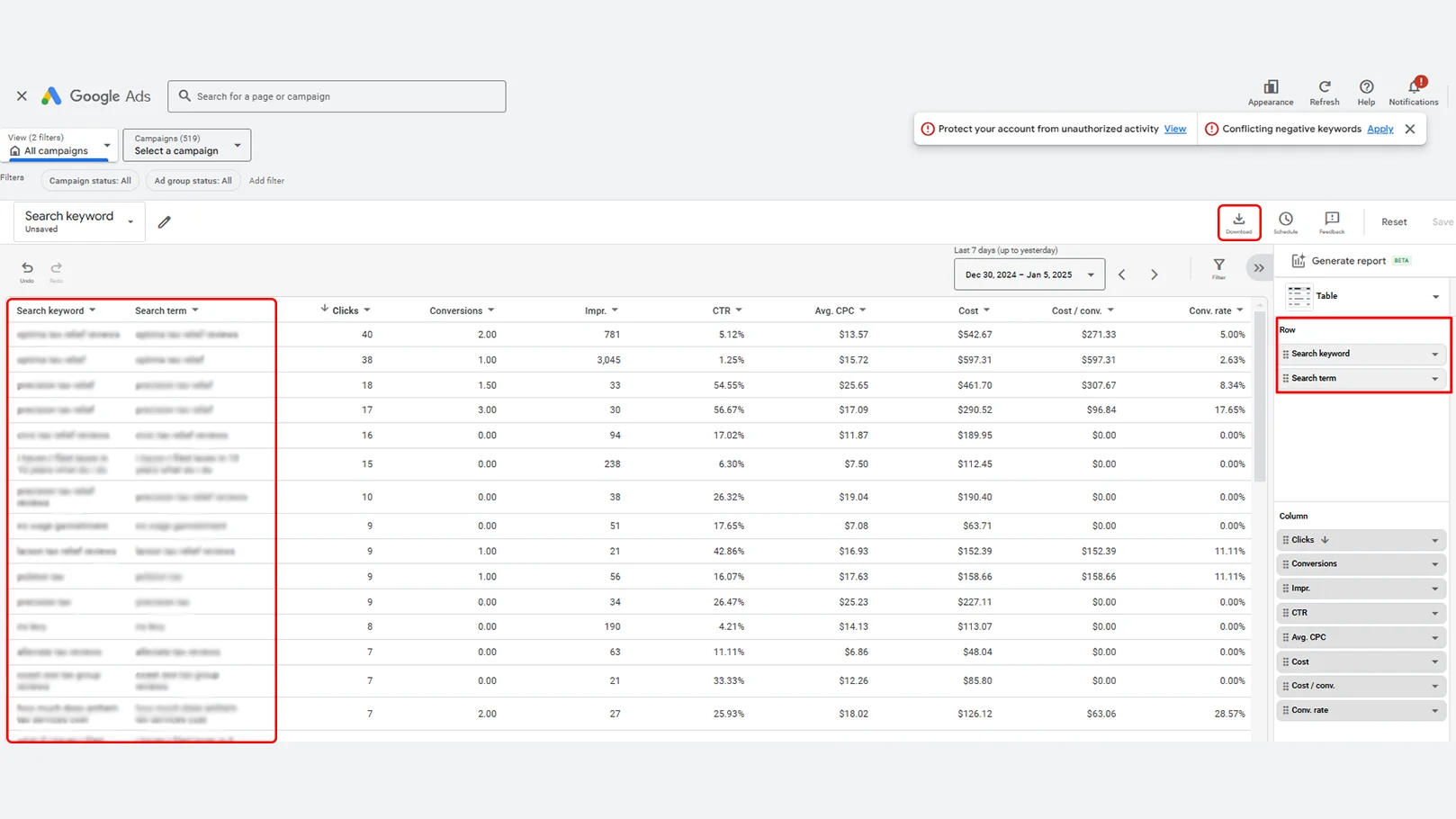
Step 2: Drag and drop it into the tool
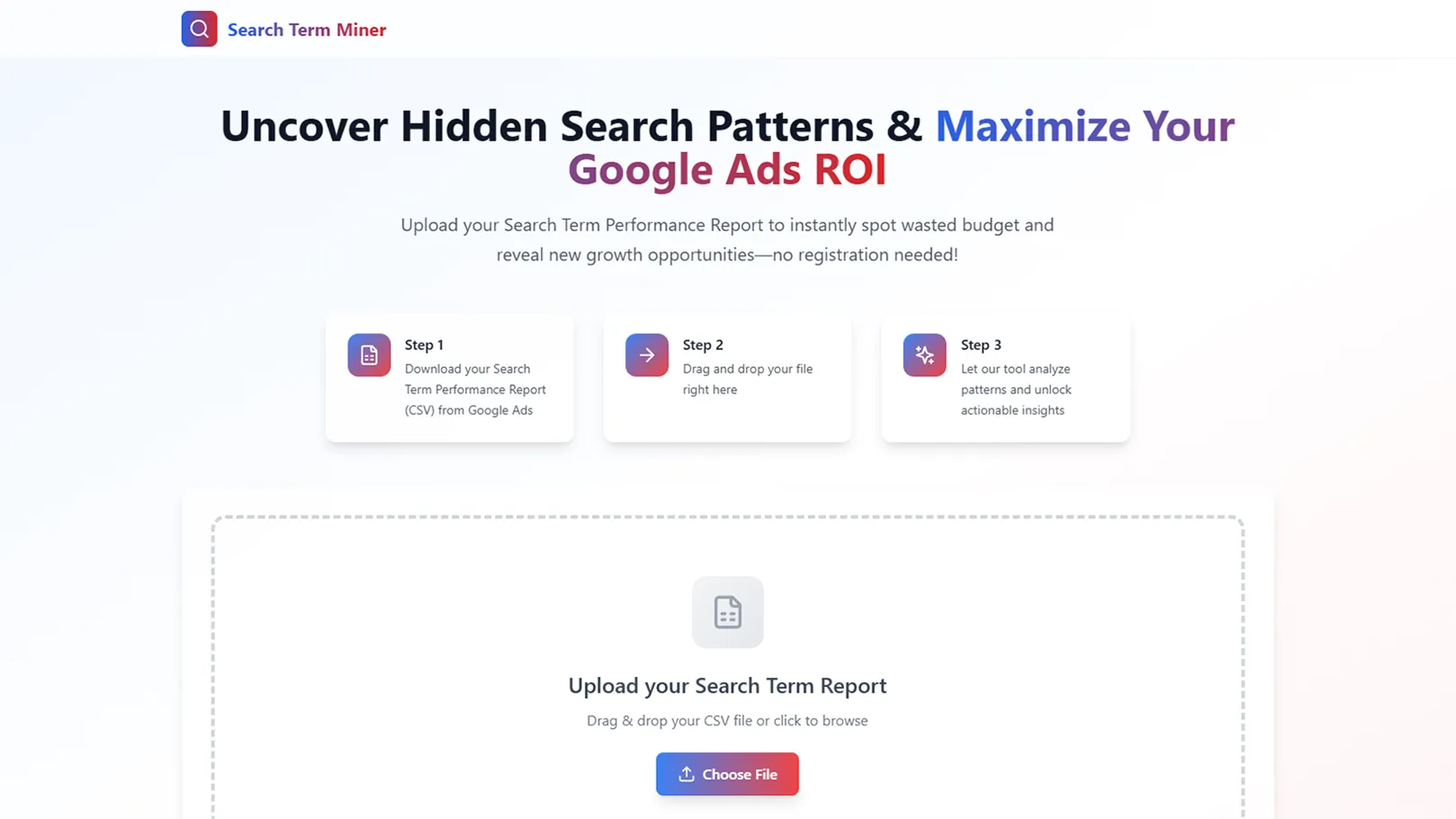
Step 3: Analyze wasted budget and reveal new opportunities.
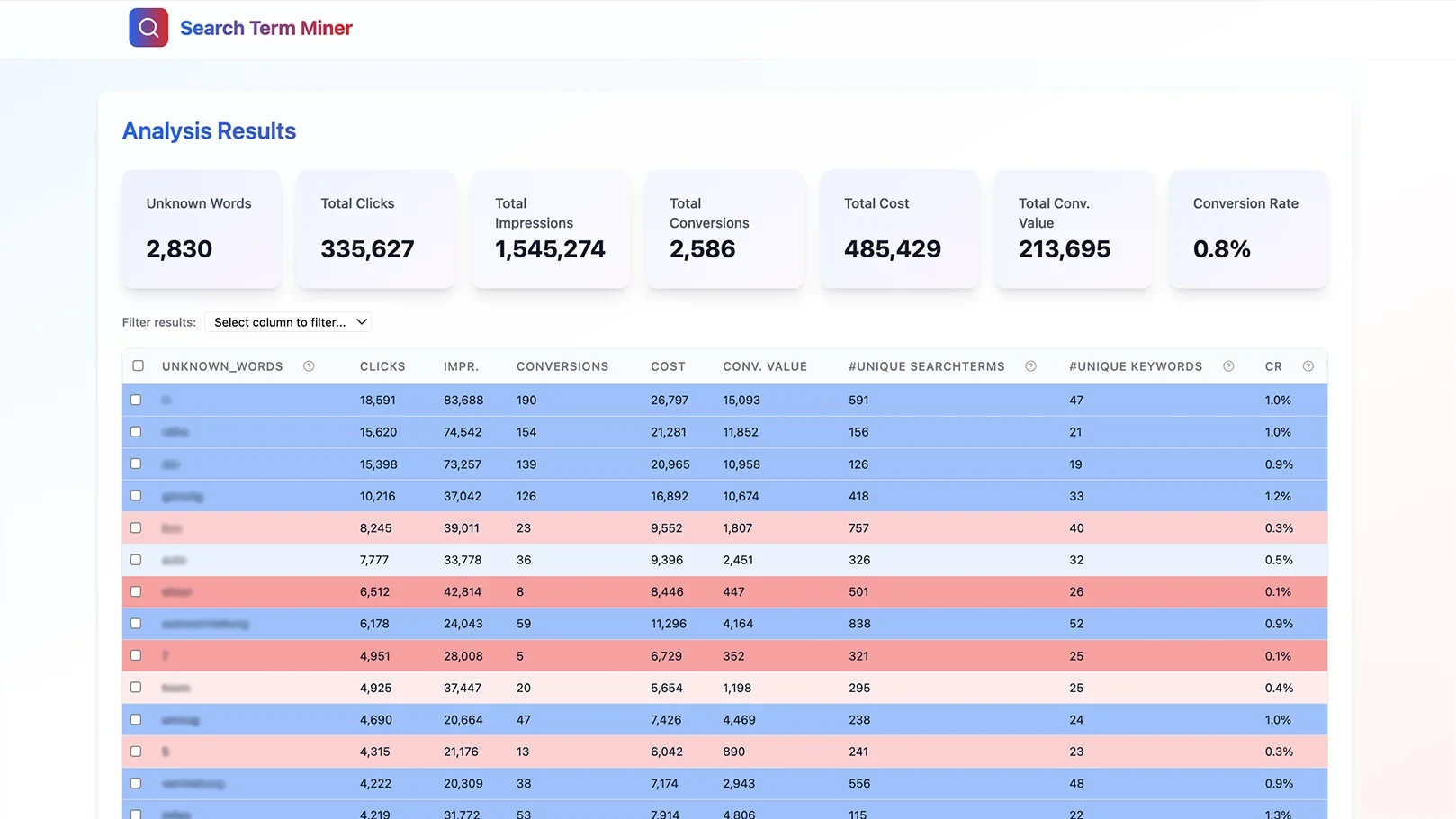
N-gram negativation made easy with PhraseOn
Managing negative keywords manually can be time-consuming, especially for large PPC accounts. PhraseOn simplifies this process by automating n-gram-level negativation, helping advertisers:
- Identify underperforming n-grams that waste ad spend.
- Automatically generate negative keywords at scale.
- Ensure cleaner search term reports with fewer irrelevant clicks.
This way, PPC managers can refine campaigns faster and eliminate budget-draining queries more efficiently. Learn more: PhraseOn.
Any changes you make to keywords in your Google Ads account can either waste your budget or multiply your returns. That’s why you need to follow the most effective strategies to uncover hidden keyword opportunities and properly negate irrelevant terms. N-gram analysis simplifies this process for you.
Want to see how n-gram analysis works on your own search term data? Give this powerful tool a try and make the process effortless.

